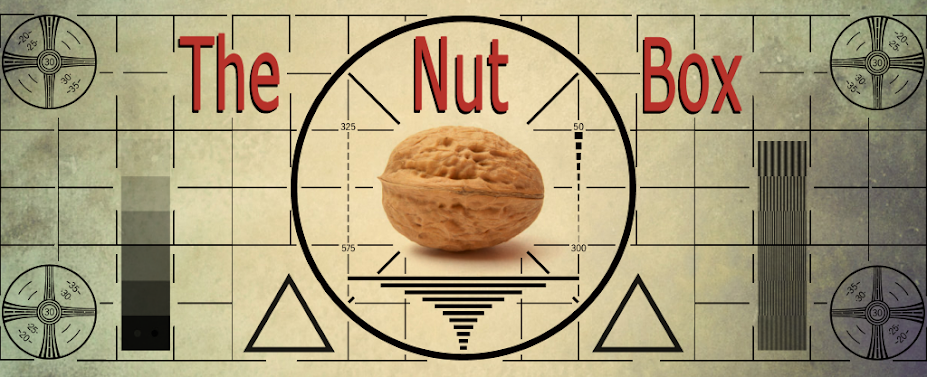Horrible, heinous, brutal stuff happens to everyone. So if something tragic happens in your life, go ahead, take some time and grieve. *DING* Time's up! Movin' on.
The show was hitting a stride despite the networks' continued objections to the crude content that caused a few episodes to air out of order and mixed with a plot about a disturbance on a plane in THAT year caused a delayed airing that further threw the schedule out of whack and a meeting with executives that Christopher has talked about several times caused the show to be cancelled. As Titus puts it, "Call your boss an idiot enough times and they will fire you." The silver lining is the show went out before it became too formulaic like other shows that also have heavy use of cutaway jokes and flashbacks, but the theatrical play filming was still fairly unique. Like the other seasons, it can feel a little dated now, but still worth the time to watch.
Buyer's Guide:
Only available on out of print DVD box sets that at least have some decent extras.
4 taking out 4 armed guards with a pair of tweezers out of 5



